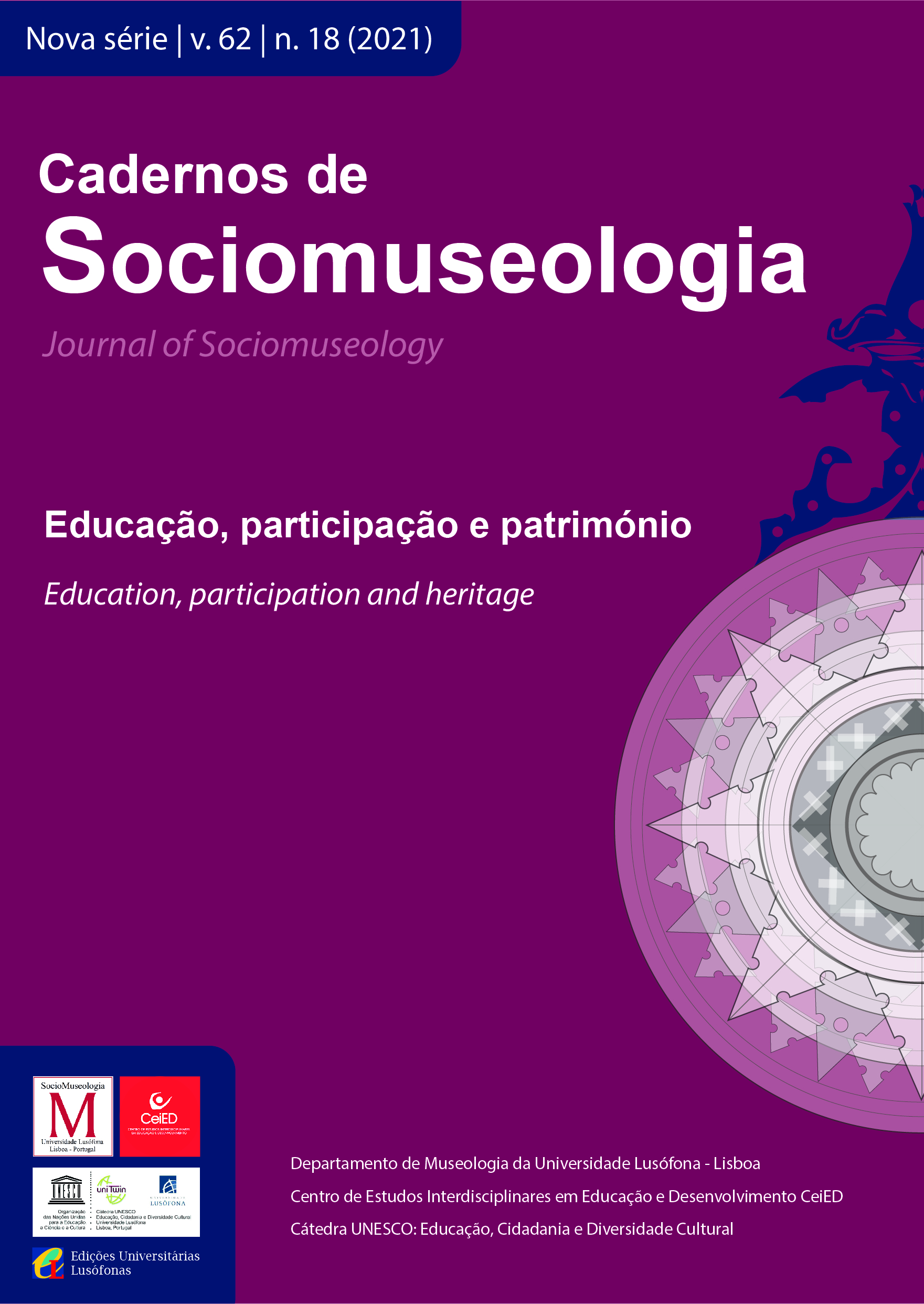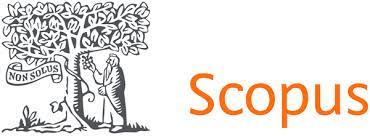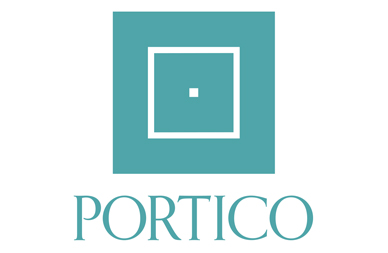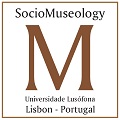Social Museology, Disability and Non-Formal Education: Skills and Learning of People with Intellectual Disabilities at the Museum of Art in Rio
Abstract
The main objective of the research is to analyze how the relationship of the educator, teacher
and student contribute to the teaching and learning process, based on non-formal education, addressing
a social function of the museum, including People with Intellectual Disabilities. A methodology based on
the analysis of the social function of the Museum of Art of Rio - MAR, located in Rio de Janeiro, through
the Project Encontro de Saberes, considering three schools, being a private school, Colégio Eduardo
Guimarães and two public schools, Municipal School Nicolau Antônio Taunay and Maurício de Medeiros
Municipal Special School, located in the city of Rio de Janeiro. To make the records, notes were used in
the field notebook, reports from educators, teachers and students about the project, films, photographs
and physical record of the activities carried out. We concluded that there was a greater interest by schools
in participating in the project, after realizing that the Museum of Art of Rio - MAR had a project with a
team specialized in assisting people with disabilities.
Keywords: Social Museology; Intellectual Disability; Non Formal Education; MAR.
Downloads
Authors retain copyright and grant the journal right of first publication with the work simultaneously licensed under aCreative Commons Attribution License that allows others to share the work with an acknowledgement of the work's authorship and initial publication in this journal.













